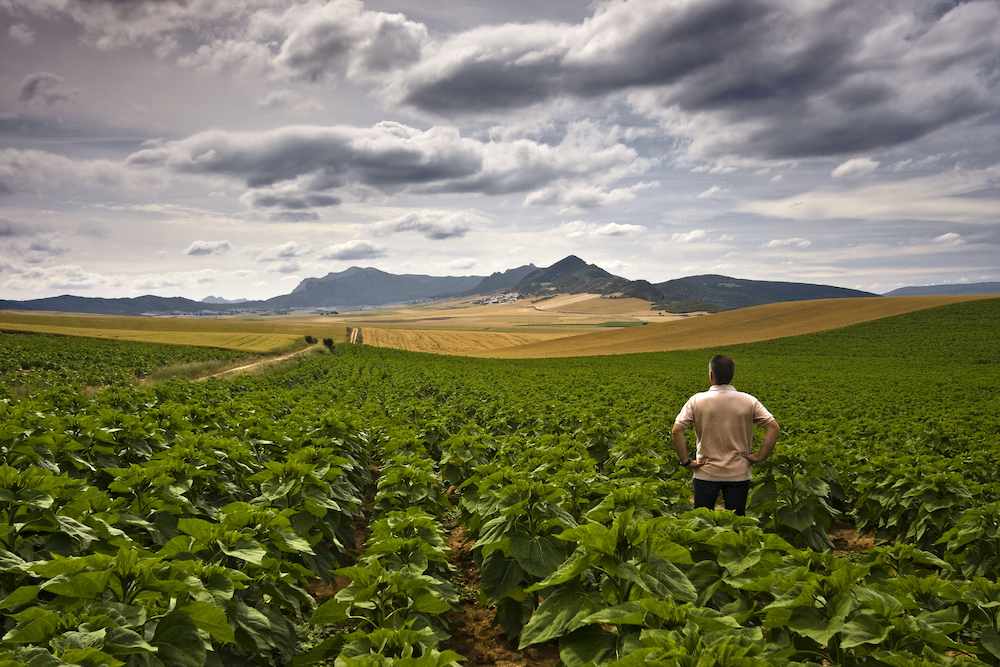Opinion: nanofilm holds key to extending South Asia's fruit shelf life

By Tamil Nadu Agricultural University’s head of Nano Science and Technology Professor K. S. Subramanian
 India is blessed with a wide array of agro-climatic conditions producing a vast spectrum of tropical and subtropical fruits. We are the second largest producer of fruits in the world next to China.
India is blessed with a wide array of agro-climatic conditions producing a vast spectrum of tropical and subtropical fruits. We are the second largest producer of fruits in the world next to China.
Despite the fact that we produce plenty of fruits in the country, the per capita availability of fruits is far from meeting the requirement. The Indian Council of Medical Research (ICMR) suggests that an Indian should eat 150 grams of fruits daily but the availability is only 82 grams. Such a wide gap between demand and availability is primarily attributed to the poor storage facilities and huge postharvest losses which constitute 30-35%.
Reducing these losses can not only improve farmers’ incomes but could also encourage more consumption of this highly nutritious fruit in a region where per capita consumption is only half of the recommended level. The post harvest losses of perishables (fruits and vegetables) account for a loss of INR40 billion (US$719 billion) annually.
In order to reduce the postharvest losses, the Canadian International Development Agency (CIDA) and the International Development Research Center (IDRC) have jointed support a research program on ‘Enhanced Preservation of Fruits in South Asia’ under the Canadian International Food Security Research Fund (CIFSRF). The total budget outlay is CAD$2.5 million (US$2.52 million). The institutes involved are the Tamil Nadu Agricultural University in India, the University of Guelph in Canada, the Industrial Technology Institute (ITI), Sri Lanka and MYRADA (a non-governmental organization for undertaking social research.)
Nanotechnology based products are increasingly moving from industry to agriculture, where the average farmer can easily use them. In this project, scientists are developing a new packaging system that extends the shelf life of fruits. The University of Guelph in Canada has invented a patented technology using a safe, plant-derived chemical compound (hexanal) that reduces post-harvest losses.
The Tamil Nadu Agricultural University in India has developed a nano-film to extend the shelf life of fruits and vegetables. Similarly, the Industrial Technology Institute in Sri Lanka has a bio-wax formulation that helps to reduce postharvest damage. The project integrates these discoveries using nanotechnology to develop a simple and low-cost hexanal delivery system that prolongs freshness and improves the quality of highly perishable fruits.
The nanoparticles in this project are developed from agricultural waste products, namely the natural fibers extracted from coconut husks and banana plants, creating new income opportunities for small-scale entrepreneurs, particularly women.
The project is also building links with the private sector for biodegradable packaging materials. Researchers expect to adapt the technologies developed in this project to other economically important horticultural crops, including fruits, flowers, and vegetables. Benefits for the soft fruit industry, such as berries, can also be extended to Canada.
In India, the use of biodegradable packaging material is to an extent of 10-15% and majority of them are non-biodegradable. The biodegradable sheets are very fragile and capable of absorbing moisture from the produce or from the atmosphere. As a result, these sheets rarely used for a long-term storage or as carry bags. They are also expensive and add costs to the customer. However, many cosmopolitan cities such as New Delhi, Mumbai, Chennai and Kolkotta are imposing rules to use only biodegradable packaging.
The new nanofilm packaging material we intend to develop under the IDRC with funding under the CIFSRF is made of indigeneous fibers (coconut and banana) and are biodegradable and the extent of degradability is yet to be investigated.
In the IDRC Project, we involve private packaging industries to ensure that the product gets commercialized after the development of the "nanofilm". Our target fruit is mangoes and the fruits are harvested at two-thirds maturity. Our interest is to extend the shelf life of mangoes during the transport and storage for a period of three to four weeks without refrigeration. In order to address the issue at the small and marginal farmers, we involve NGOs (Myrada) in our project.
The research team leaders involved in the project include Dr. Jayasankar Subramanian from the University of Guelph, Canada and Dr. Shanthi Wilson Wijeratnam from the Industrial Technology Institute, Sri Lanka.
Related story: South Asian-Canadian project testing nano-film effects on shelf life









































